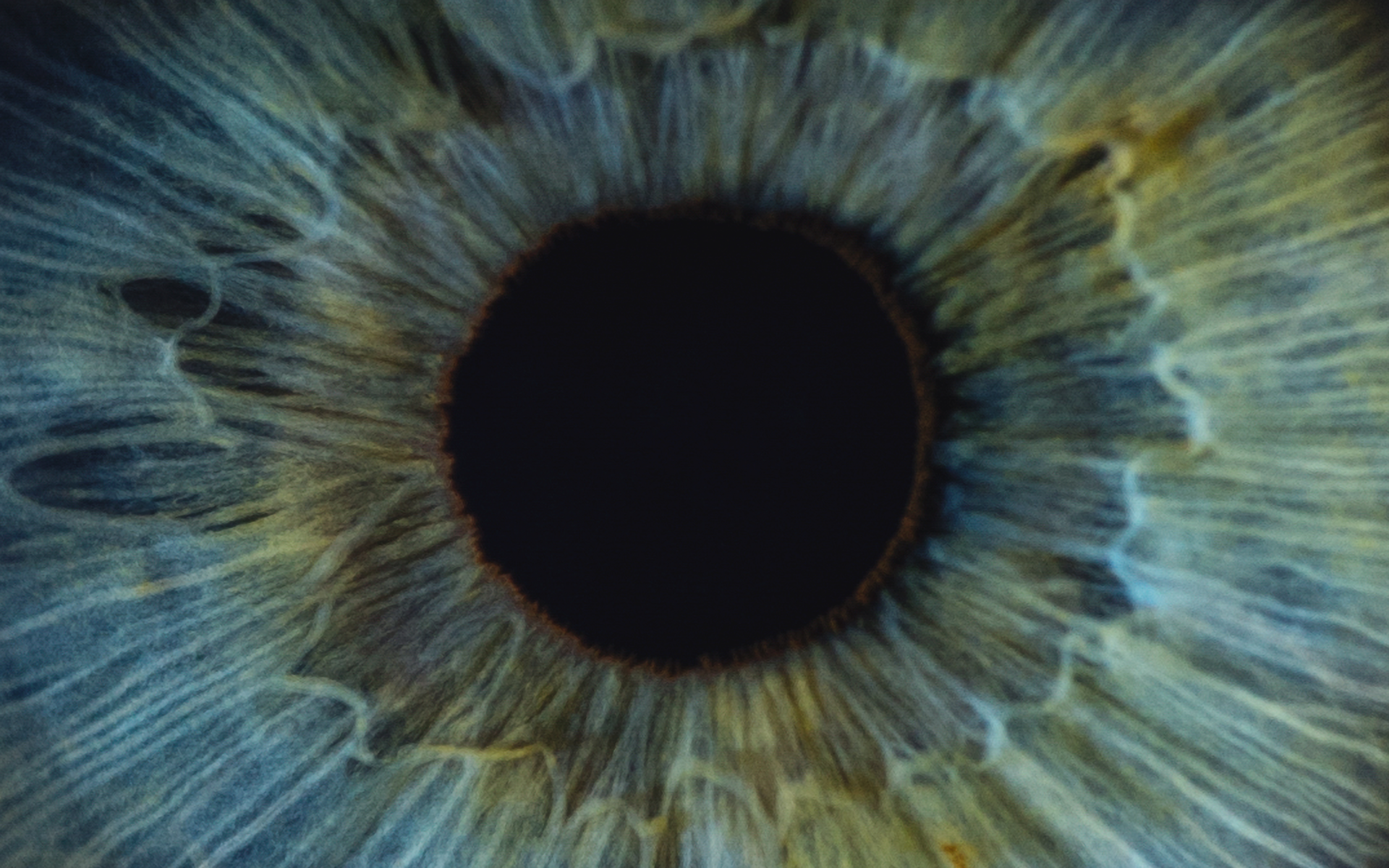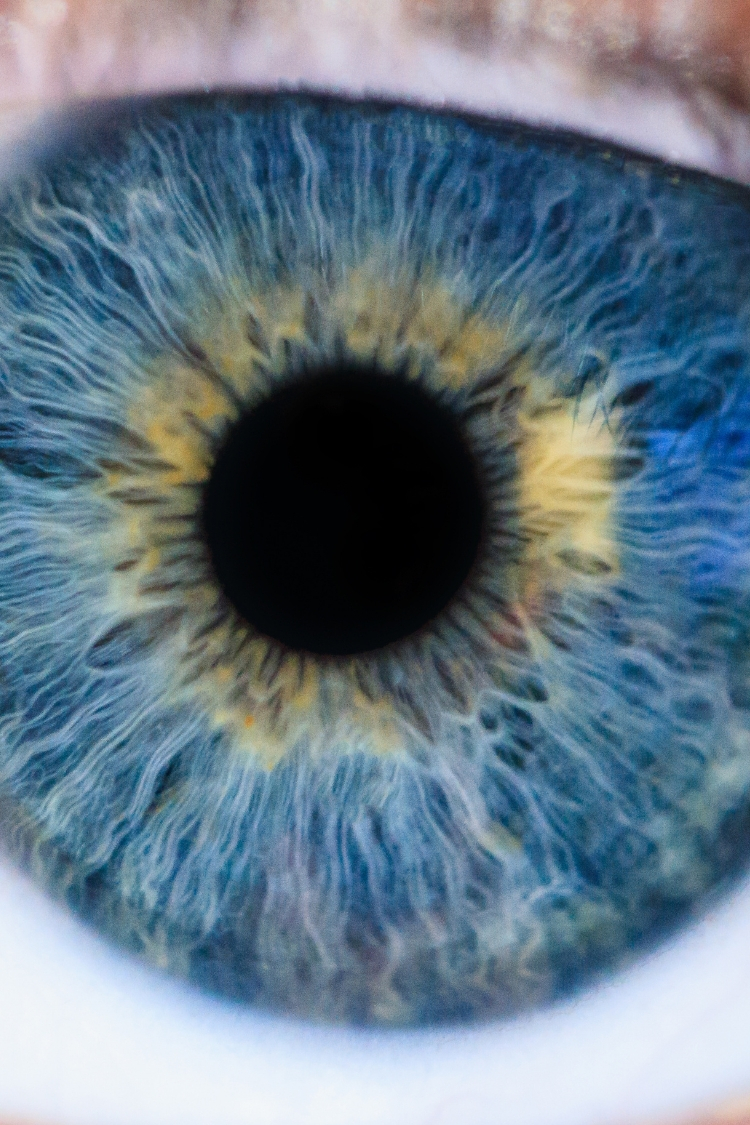
Eye health check
What is an eye health check?
“Getting an eye health check might not seem important if you haven't got any symptoms but some eye conditions aren’t noticeable until they are in the much later stages.”

Eye health check
A regular eye test, at least once every two years, should be part of everyone’s healthcare routine. 12.5 million people don't do this, but should. Many of the reasons that people lose their sight loss are preventable, but only if caught early. Regular eye tests are the best way to do this. You would do it for your teeth, your heart and many other things, so why not your eyes?
Eye health problems can so often be avoided by having a regular check by a professional ophthalmologist. These checks help identify and problems or potential eye health issues early. Addressing these eye problems early is often key to maintaining your sight.
Harley Street EyeHospital offers an extensive eye health check by a specialist consultant surgeon (no opticians or trainees). Your vision is assessed, your eyes fully examined (this includes applanation pressure test which more accurate than an air puff test and funduscopy). Each consultation is tailored to your needs and requirements, and your specialist will advise if you need any specialist or further investigations.

It's not just about your eyes
Here are just some of the reasons that an eye health test might save more than just your sight...
- Glaucoma - more than 2% of people over the age of 40 (and this get even higher with age) have glaucoma. Worse still, in the UK, 50% do not know they have this potentially blinding condition. If diagnosed early Glaucoma can be prevented and seeing a specialist will ensure the disease is detected with most patients leading a normal healthy life, with good vision.
- Age-related macular degeneration (AMD) - AMD is the most common cause of adult blindness in the developed world. The macula is the central part of the retina at the back of the eye, and is responsible for picking up detailed visual information, such as reading words on a page. It wears out naturally as we get older, resulting in poorer vision.
- Diabetic retinopathy - individuals who have been diagnosed with diabetes must have the back of their eyes is closely looked at at least once a year. The most serious eye condition associated with diabetes involves the retina, specifically the complex network of blood vessels within it. Diabetes can increase the risk of blood leaking from these vessels into the retina and damaging it resulting in loss of vision. Whilst treatment is available and effective, prevention is even better as damage from diabetes can be permanent.
- Cataracts - A cataract is a gradual clouding that develops in the lens of the eye. If you suffer from diabetes, obesity, or have a family history of early disease, your risk of developing cataracts could be doubled . Cataracts are largely treatable but early diagnosis is paramount. One in four cases of sight loss in people over the age of 75 is due to cataracts.
- High Blood Pressure (hypertension) - the eye often gives away telltale signs of high blood pressure and unfortunately these can cause complete loss of sight if left untreated.
- Neurological disorders and other medical conditions - the eye is in fact a complex branch of the brain and as such can be a brilliant way of detecting many nerve disorders. This can happen as part of a routine eye examination!
- Other medical conditions - many conditions can leave signs in the eye. Complex diseases such as connective tissue disorders, or something as simple as high cholesterol can all be picked up with a painless eye health check.

